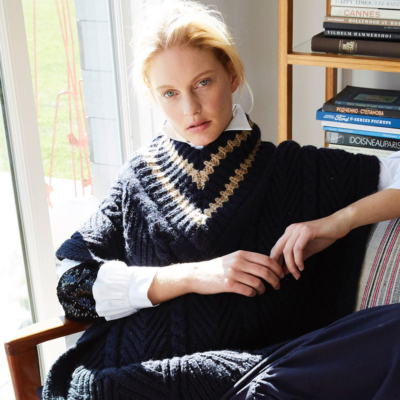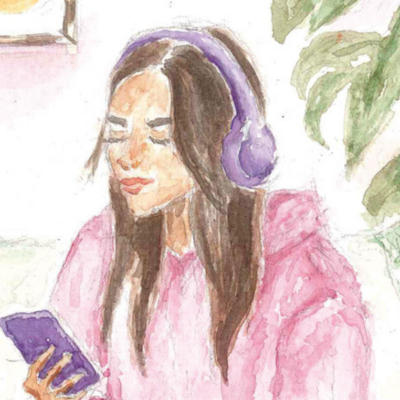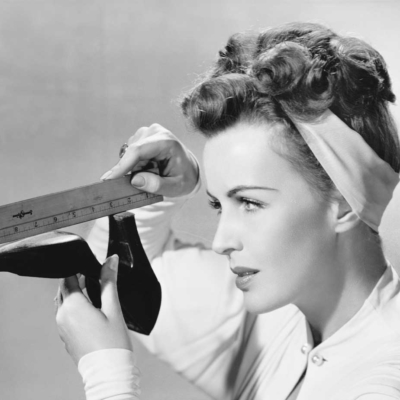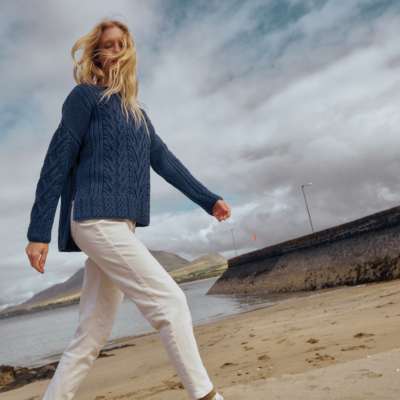An edit of inner and outer circles happened naturally during lockdown, when SARAH HALLIWELL stayed close to her dearest companions …
When the going gets tough, we learn who we can turn to and rely on. Over the past year, we found out who our friends really are. “Several clients have said to me that this period has shaken out the goats from the sheep,” says clinical psychologist Linda Blair. “People now realise, first of all, how much more important relationships are than anything else in our whole lives and I think that’s the best thing that has come out of this difficult time.” As philosopher AC Grayling writes, “The highest and finest of all human relationships is, arguably, friendship.”
Friendship is good for our health, not just our general wellbeing and quality of life. A good social network is the most common denominator among happy people. Dr Louise Clarke, psychologist, The Consulting Clinic, cites recent research by Maynooth University, the Irish Covid-19 Psychological Study, which showed a significant increase in loneliness in Irish people; nearly half of the people surveyed were feeling lonely, and those with higher levels of loneliness were most likely to experience adverse mental health problems. Several studies have found that people who are socially isolated are nearly twice as likely to die of heart disease. As Seán Moynihan, CEO of charity Alone, notes: “Loneliness can seriously impact your physical and mental health, and evidence has shown that older people experiencing high levels of loneliness are almost twice as likely to die within six years, compared to those who are not lonely.”
According to anthropologist Robin Dunbar’s theory, 150 is the number of relationships we can ideally maintain: our different layers of friendships range from acquaintances down to our inner core, which generally consists of around five people. But during lockdown, we reassessed our inner and outer circles. One colleague admitted: “I found that I was avoiding anyone who brought me down, was endlessly negative or I found draining.” My own lifelines included weekend coffee calls with three of my oldest friends; our shared history never felt more valuable. We spent our teens smoking behind the cinema together; now we are sounding boards for each other around ill parents, teenage angst, life. Perhaps there’s a new clarity in our closest relationships. One longtime friend was doing a clear-out, going through old letters that marked difficult years. She texted me: “Some lovely ones from you. Your warmth all these years has kept me from freezing over.”
Friendships take time to flourish; according to one study, it takes 90 hours before you consider someone a GOOD FRIEND.
We extended our boundaries, too, whether delivering meals to vulnerable neighbours or taking time to chat over the fence – just looking out for each other more. Will this community spirit continue? If you’ve ever barked a coffee order at a barista while on the phone, take note: “It’s key to keep up the connections we formed during tough times,” says Linda Blair. “Those people are important and worth five minutes of your time – more than just throwing your change at them or putting your card in front of them, have a word.”
We’ve been alone more yet together more, digitally. The danger is that we stay in the habit of interacting virtually: the more time we spend on screens, the less we have to share with real people. Human connection has been declining for some time – digital native millennials report feeling lonely 30 per cent of the time. We scroll rather than making the effort to talk. “I started to treat all those group Zooms like a Netflix show,” notes one friend: “If a conversation wasn’t completely engrossing, I could switch off and watch something else.” As Dr Clarke notes, “virtual interactions are beneficial short-term but do not give the deep connection and quality of real-life interactions.” And as for people you only know online? “Those aren’t friends,” says Blair. “Social media is information, there’s no emotion in it – except you might in fact actually feel lonely or have low self-esteem if you think it’s real. It’s not real, and it’s really important to know that. It’s a tool which enables friendship to continue when you can’t meet up face to face.”
Friendships take time to flourish; according to one study, it takes 90 hours before you consider someone a good friend. Our autumn reset definitely involves making more time for mates. Dr Clarke believes that the months we spent apart may lead to connecting more mindfully when we are together – a new appreciation for friendships. Linda Blair agrees. “You now know what counts, and who counts. The important thing to know is that it is relationships that matter and hold us together, both internally and as a society.

“The Powder Room” acrylic on canvas (2017) by Genieve Figgis, courtesy of the artist and Almine Rech Gallery Brussels. Photograph by Huggard & Vanoverschelde.
Keeping friends close and avoiding toxic relationships
1 You can stay CLOSE WITHOUT BEING PHYSICALLY CLOSE. A postcard goes a long way, and shows more thought than a hurried WhatsApp. If you can’t meet up directly, the next best way to connect is Skype or Facetime, or speaking on the telephone. Least helpful are emails and texts, as you can’t see or hear the person. Don’t allow social media to become a substitute for real friendships and connections.
2 Be a GOOD LISTENER. You can’t be a good friend if you don’t take time to let the other person really talk, and value what they have to say. No one wants to always be the audience. So when you meet for a chat over coffee, or a glass of wine, listen intently, really tuning in to what’s being said, instead of thinking about what you are going to say next or teeing up a piece of advice.
3 BE HONEST. In Scarlett Curtis’ book focusing on mental health, It’s Not OK To Feel Blue and Other Lies, one piece of advice is: “Let people in. It’s scary and sometimes it can go wrong, but when you manage to connect with people, it’s magic.”
4 EMPATHY is one of the most important qualities you have, so try to use it in all your relationships. Says psychologist Linda Blair, “Decentering is the ability to take the viewpoint of other people, and nothing – no academic subject, no qualification, no university degree – is as carefully and closely linked to success and happiness as that skill of understanding and being able to work with other people.”
5 If you spent this year feeling short of friends, consider volunteering. Doing something for someone else takes the focus off yourself and can lead to new and MEANINGFUL RELATIONSHIPS.
6 Allow for DIFFERENT LEVELS AND TYPES OF FRIENDSHIP. One friend might be just good fun to go out with for an evening, while another you would trust with your most innermost confidences. Don’t expect every friendship to be on the same level, and then you won’t feel let down.
7 Stick with people who make you LAUGH. In his book Humanology, Professor Luke O’Neill notes that studies show that laughing together is “an indicator of emotional support, closeness and high regard”.
8 Take notice of how you feel when you’ve spent time with a friend or acquaintance: do you feel positive, or drained and irritated? Quietly step back from toxic friendships – those that deplete you rather than restore. A good friendship is MUTUALLY BENEFICIAL, not one-sided.
LOVETHEGLOSS.IE?
Sign up to our MAILING LIST now for a roundup of the latest fashion, beauty, interiors and entertaining news from THE GLOSS MAGAZINE’s daily dispatches.









